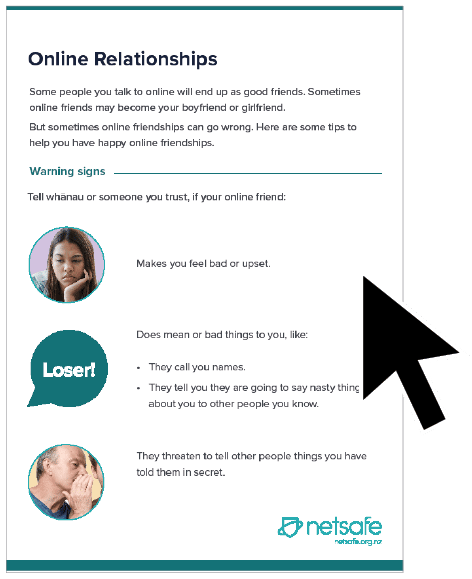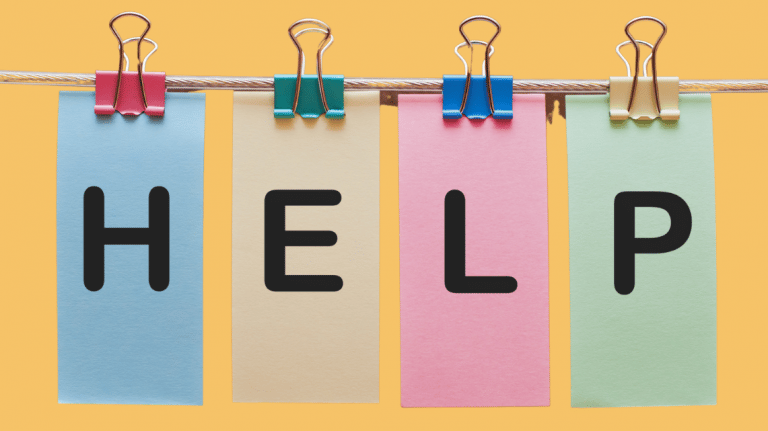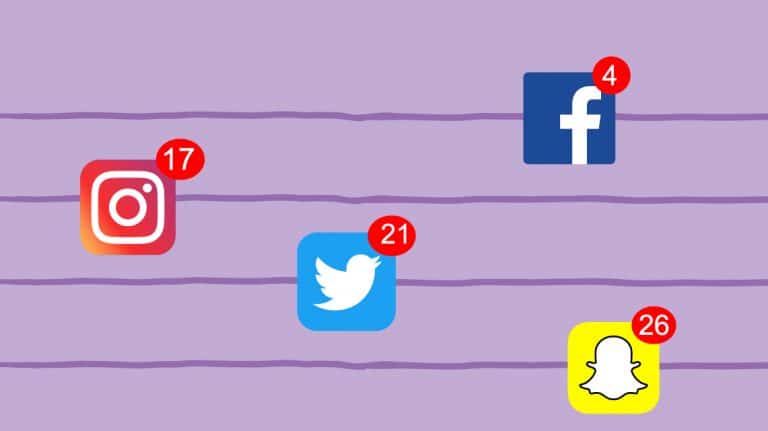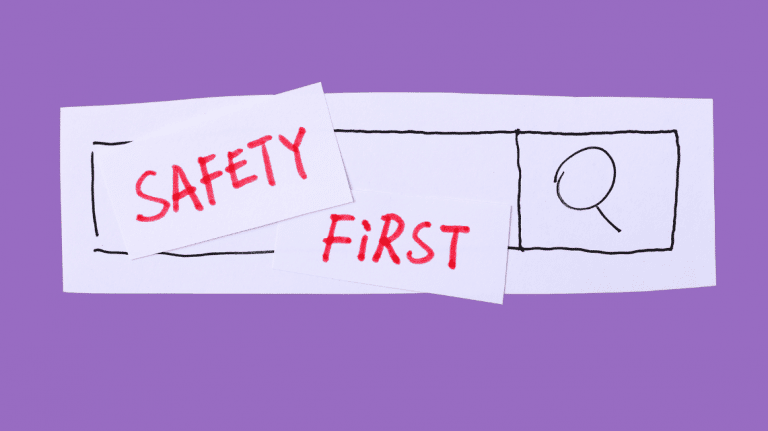Plain language online relationships
We’ve worked with Spectrum Care to create plain language online safety guides for people with an intellectual disability, and those who support them. Here is advice on how to have happy online relationships and friendships, and what to do if something goes wrong. Plain language guide: online relationships Some people you talk to online will end…

We’ve worked with Spectrum Care to create plain language online safety guides for people with an intellectual disability, and those who support them. Here is advice on how to have happy online relationships and friendships, and what to do if something goes wrong.
Plain language guide: online relationships
Some people you talk to online will end up as good friends. Sometimes online friends may become your boyfriend or girlfriend.
But sometimes online friendships can go wrong. Here are some tips to help you have happy online friendships.
Warning signs
Tell whānau or someone you trust, if your online friend makes you feel bad or upset, or does mean or bad things to you, like:
- They call you names.
- They tell you they are going to say nasty things about you to other people you know.
- They threaten to tell other people things you have told them in secret.
Tell whānau or someone you trust, if your online friend:
- Tells or asks you to hurt yourself.
- Asks to meet you in real life and then doesn’t look like their picture.
- Meets you in real life and tries to make you do things you do not want to do.
If someone does these things, they are not a good friend. You should tell someone you trust about them.
Be careful if someone does not want to video chat with you online.
Sometimes people pretend to be someone they are not. If people won’t meet you face-to-face or video chat with you, it might be because they are pretending to be someone else.
The photo of them you have seen may be fake. It may be a photo of someone else taken from the internet.
If the person you are talking to keeps finding a reason not to video call, stop talking to them. Tell someone you trust what has happened.
Be careful if anyone contacts you online and says they are famous.
Sometimes people pretend to be someone they are not. They may know you like a particular actor, singer or celebrity and pretend to be them to make you trust them.
Online ‘nudes’
Sometimes people ask you to send them photos or videos of you without clothes on. This is sometimes called ‘sexting’ and the images are sometimes called ‘nudes’.
If you decide to do this, you need to know that they now have copies of those pictures or videos.
- If you stop being friends, they may show these to other people.
- They may ask you for money to stop them showing these images to other people.
If anyone does this, you or someone who supports you can contact Netsafe. See our ‘How to get help’ section, below.
You can read more about ‘nudes’ at netsafe.org.nz/sexting.
How to protect yourself
Don’t tell online friends any personal information.
This includes:
- Your address.
- Your phone number.
- Your date of birth.
- Login details or passwords to your social media accounts.
- Your bank or savings account numbers or passwords.
- Your passport number.
Don’t give them money.
Some people you talk to online may be scammers. This means they meet people online to try to get money from them.
- Scammers may tell you about problems they or their family are having. They might say they need money to fix the problems. They are hoping you will offer to give it them.
- They may ask you for money for a plane ticket so they can travel to meet you.
- They may ask you to invest (give money) in a business and promise you will make more money back.
If you want to meet an online friend in real life
Here are some tips to keep safe:
- Tell whānau, a friend or a support worker where you are meeting them.
- Arrange to meet in a public place with lots of people around. For example, a park or a cafe.
- Don’t get into a car or van with them.
- Don’t go to their home or bring them into your home unless you have someone you trust there too.
- Keep your phone switched on.
It is okay to take someone with you if you meet an online friend.
If your online friend asks you not to bring someone else, that may be a sign they do not want other people to know about them. If this happens, tell someone you trust.
How to get help
Meeting people online can be a great way to make new friends. But, it’s important to keep safe. If you are not sure about your online friend:
- Tell whānau or friends you know and trust in real life.
- Talk to Netsafe for free and confidential advice on what to do next.
Contact Netsafe.
Call us toll-free on 0508 638 723.
Text ‘Netsafe’ to 4282.
Email [email protected] for online safety help.
Report it online at report.netsafe.org.nz.
We will continue to add to our plain language pages. Please get in touch if there is an area you think we should cover. Email your suggestions to [email protected].
Plain language: Online relationships (PDF, 1.3MB)
KEEP UP TO DATE
Follow us on social media and sign up to our enewsletter for alerts, news and tips.


![]()






